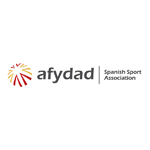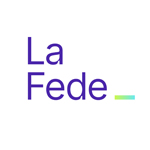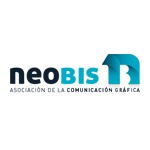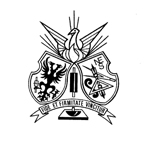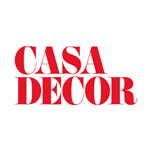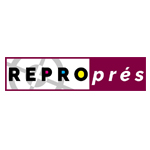How to choose your promotional cotton T-shirt?
T-shirt sales have increased by 24% worldwide between 2009 and 2014, close to two billion T-shirts a year.
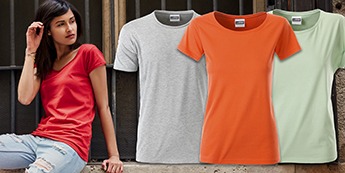
Although the cut, price and colour differ from one T-shirt to another, it is mainly the manufacturing process which varies. It is therefore necessary to be able to properly distinguish the different types of T-shirts.
Comfortable every time it is worn as well as all day long, a soft fabric and a durable product: here are some of the benefits of a well-made T-shirt. Furthermore, a good T-shirt should not fade in the wash. If it shrinks or loses its shape after several washes, it is a sign of poor quality.
How to choose the right fabric?
The fabric is by far the most important component of the garment. Beyond the aesthetic details or the quality of the seams, a garment made from a fragile or rough fabric will not hold. Cotton’s most important property is the individual length of each fibre of which it is composed. Fabric made from long cotton fibres is generally considered to be of better quality than fabrics made from short fibres.
Successive steps
Additional production steps, which are carried out to ensure the quality of a T-shirt over time, make it possible to distinguish the good T-shirt manufacturers from the others. Objective: that the consumer can keep their clothes comfortable and pristine over time, despite washes and the wear suffered over time.
Recognizing the quality of a T-shirt
A very large number of factors vary from one T-shirt to another. Two apparently identical T-shirts can be very different from each other after analysing their manufacturing and assembly. The way a T-shirt has been made will have an impact on the wear and feel on the skin, the product’s longevity and the printing possibilities.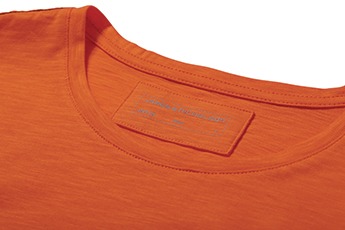
- Touch the product! Even a thick and sturdy cotton should be soft to the touch. If this is not the case, it has probably been made with short fibres and will therefore be less durable.
- No pills. Cotton is not as prone to pilling as other fabrics. So if a new garment shows signs of pilling, walk right past it.
- Check the fabric’s density by holding it up to the light and looking through it. Even when very thin, the fabric should not be transparent. The more light it lets through, the finer the fabric is. And will therefore be less durable.
- Cotton must be spun. Look at the thread carefully. You should not be able to see any gaps or different-sized threads, but a regular pattern of smooth lines.
- Check the weaving. You will either see 18, 30 or 40 individual threads. The more cotton threads there are, the tighter the weave will be. A 100% combed cotton ring-spun T-shirt will be much softer, being both a tighter and smoother fabric.
- The thickness (or fineness) of the thread. On the measuring scale, 50 wt (weight: the unit of measurement for thread thickness) corresponds to a fine thread, 40 wt to a medium-sized thread and at 30 wt, the thread is already considered to be thick. Therefore, the higher the measurement, the finer the thread is, and thus the weave is denser, softer and lighter than a fabric woven with a 20 wt thread.
Cut and seams
Assembly is the final step, which does not make it the least important, in making the T-shirt. The seams of a garment are usually a good indicator of its quality. Very often, the average buyer does not pay attention to this and some manufacturers prefer to save money by ignoring this important step. Indeed, the quality of the seams allows the product to last over time, while keeping its shape.
Fun facts
Did you know? 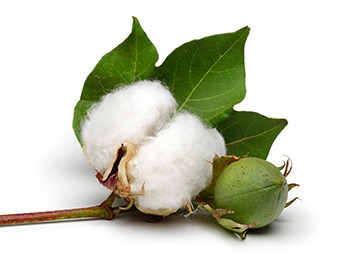
-The first promotional T-shirt was manufactured in 1939 for the Wizard of Oz
– Coca Cola was the first brand to use promotional T-shirts in its communication strategy.
– The word “cotton” is derived from “qutun” or “kutun”, an Arabic word used to describe any fine textile.
– There are more search results on Google for the term “T-shirt” than for “beer”!
– In 2013, the Hermès brand made a crocodile T-shirt priced at $ 91,500.


